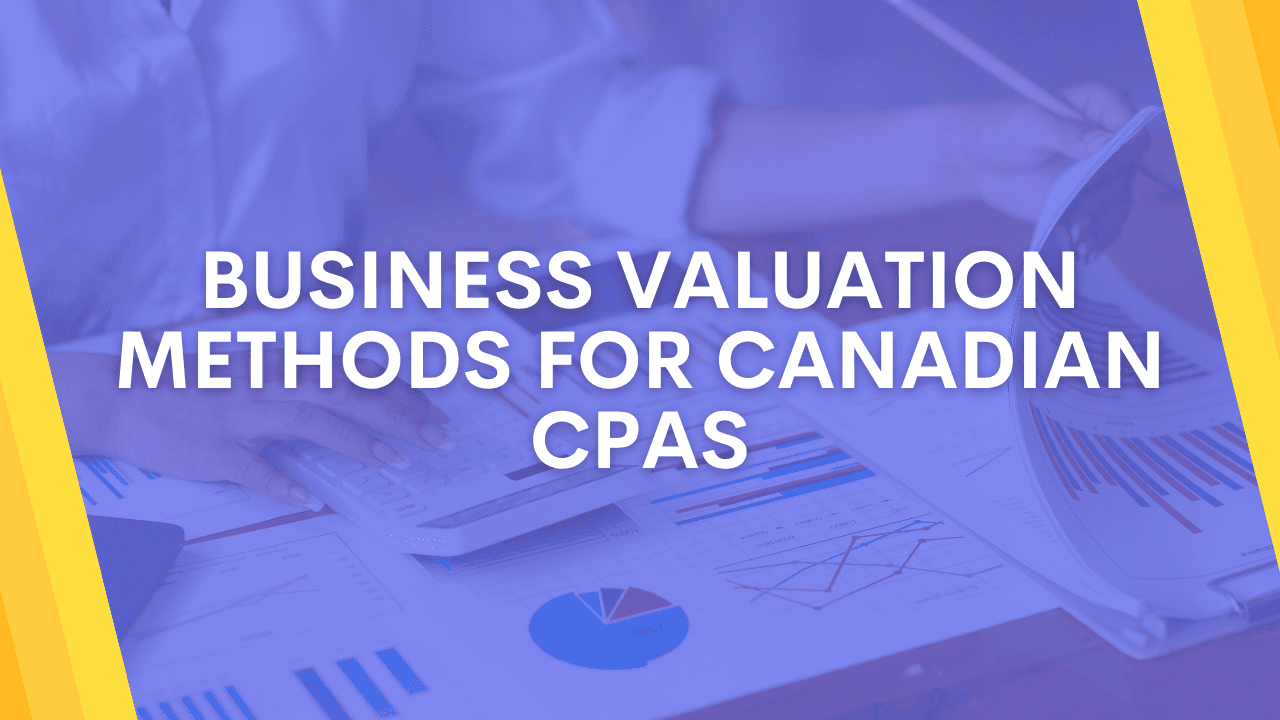How to Shield Small Business Clients from ATO Audit Red Flags
For Australian accountants, understanding Australian Taxation Office (ATO) audit triggers isn't just about compliance—it's about positioning yourself as the strategic advisor who prevents costly investigations before they start. With the ATO's increasingly sophisticated data matching programs and targeted compliance efforts, knowing these red flags can save your clients from penalties and protect your professional reputation. This article breaks down the critical warning signs and shows you how to address them proactively.
The ATO's Data-Driven Approach
The ATO no longer relies on random selection for audits. They're using a comprehensive, data-driven approach that employs advanced analytics to cross-reference information from multiple sources:
- Banks and financial institutions
- Payment gateways and processors
- Online selling platforms (eBay, Amazon, etc.)
- Government agencies and departments
- Credit and debit card transactions
This creates detailed financial profiles that can expose discrepancies you might not even realize exist. If your small business client's declared income falls significantly below industry benchmarks or contradicts data from payment processors, it immediately triggers an alert. The ATO's random enquiry program consistently identifies omitted income and over-claimed deductions as the primary contributors to compliance issues. In 2021–22, the net small business income tax gap reached $17.7 billion, representing 12.6% of expected collections.
Assume the ATO knows more about your client's financial activity than what's declared on their return. Their data matching capabilities are robust and constantly evolving, making transparency your best defence strategy.The Record-Keping
Crisis That Triggers Most Audits
Poor record-keeping remains the most common pathway to ATO scrutiny, yet it's entirely preventable with the right systems and discipline. This goes way beyond simply keeping receipts. The ATO's record-keeping requirements are specifiand comprehensive, covering everything from:
- Vehicle logbooks with detailed trip purposes and distances
- Home office documentation with floor plans and usage percentages
- Bank statement reconciliations that match declared income
- Digital backups of all financial documents
- Clear categorisation systems for business expenses
The ATO's random enquiry program found that 30% of small businesses tried to report correctly but made mistakes, with poor record keeping being one of the primary causes. Their analysis revealed specific patterns that should concern every accountant working with small business clients.
Common record-keeping failures flagged by the ATO include missing income source records, incomplete logbooks, poorly stored documents (like faded receipts or no digital backups), and relying on bank statements without proper reconciliation.
The solution requires a fundamental mindset shift. Position record-keeping as a strategic defence mechanism, not just another administrative burden. Implementing robust accounting software that integrates with bank feeds transforms chaotic paperwork into organised, verifiable documentation. Encourage your clients to embrace cloud-based solutions that ensure financial documents remain accessible, categorised, and audit-ready at all times.
Courses like Audit Smarter, Not Harder: Audit Testing with Power Query offer hands-on guidance in using automation to identify anomalies, reconcile records, and flag inconsistencies before they attract ATO attention.
Industry-Specific Benchmarks and Lifestyle Audits
The ATO publishes business benchmarks—financial ratios derived from aggregated tax returns of similar businesses. When your client's figures fall significantly outside these parameters, it raises immediate red flags. A café reporting unusually low cost of sales relative to turnover, for instance, suggests potential undeclared income.
But here's where it gets more interesting (and potentially problematic): lifestyle audits are becoming a growing area of ATO focus. The ATO's lifestyle assets data-matching program uses third-party data to compare declared income against visible spending patterns and major asset acquisitions.
The warning signs that trigger lifestyle audits include:
- Luxury vehicle purchases that don't align with declared income
- Expensive overseas holidays and lifestyle choices
- Significant property acquisitions or renovations
- High-value recreational assets (boats, motorcycles, etc.)
- Private school fees and exclusive memberships
This scrutiny particularly affects cash-based businesses where income underreporting might seem easier to conceal. When a sole trader claims modest earnings but consistently displays a high-spending lifestyle, it's like waving a red flag directly at the ATO.
Understanding how to diagnose and explain these mismatches is critical. The Advanced Auditing Techniques: Integrating Forensic Expertise course develops your skills in applying forensic thinking to detect hidden discrepancies and support defensible advisory strategies in sensitive audits.
Proactive Risk Management
The ATO audit landscape continues evolving through enhanced data matching and sustained focus on closing the tax gap. Your role as an accountant extends way beyond just preparing tax returns. You're positioned to be the proactive advisor and client educator who prevents problems before they start.
By understanding these key red flags:
- income inconsistencies
- inadequate records
- benchmark deviations
- lifestyle mismatches
You can equip your small business clients with the knowledge and tools they need to navigate their tax obligations confidently while minimising audit risk. For additional guidance on professional standards and ethical obligations, the Tax Practitioners Board provides valuable resources for registered tax practitioners.
Thorough preparation and unwavering compliance remain your most powerful shields against ATO scrutiny. Position yourself as the accountant who prevents problems rather than just responds to them, and you'll build lasting client relationships based on trust and genuine value creation. That's not just good business—it's good practice.
To continually sharpen your expertise in Australian accounting and small business accounting, and to stay ahead of the curve in an ever-changing regulatory environment, consider the LearnFormula Unlimited Pass, which offers unlimited access to their entire library of courses, ensuring you can meet your CPD requirements, deepen your knowledge in specific areas and effectively guide your clients through the complexities of ATO compliance without individual course purchase limitations.
